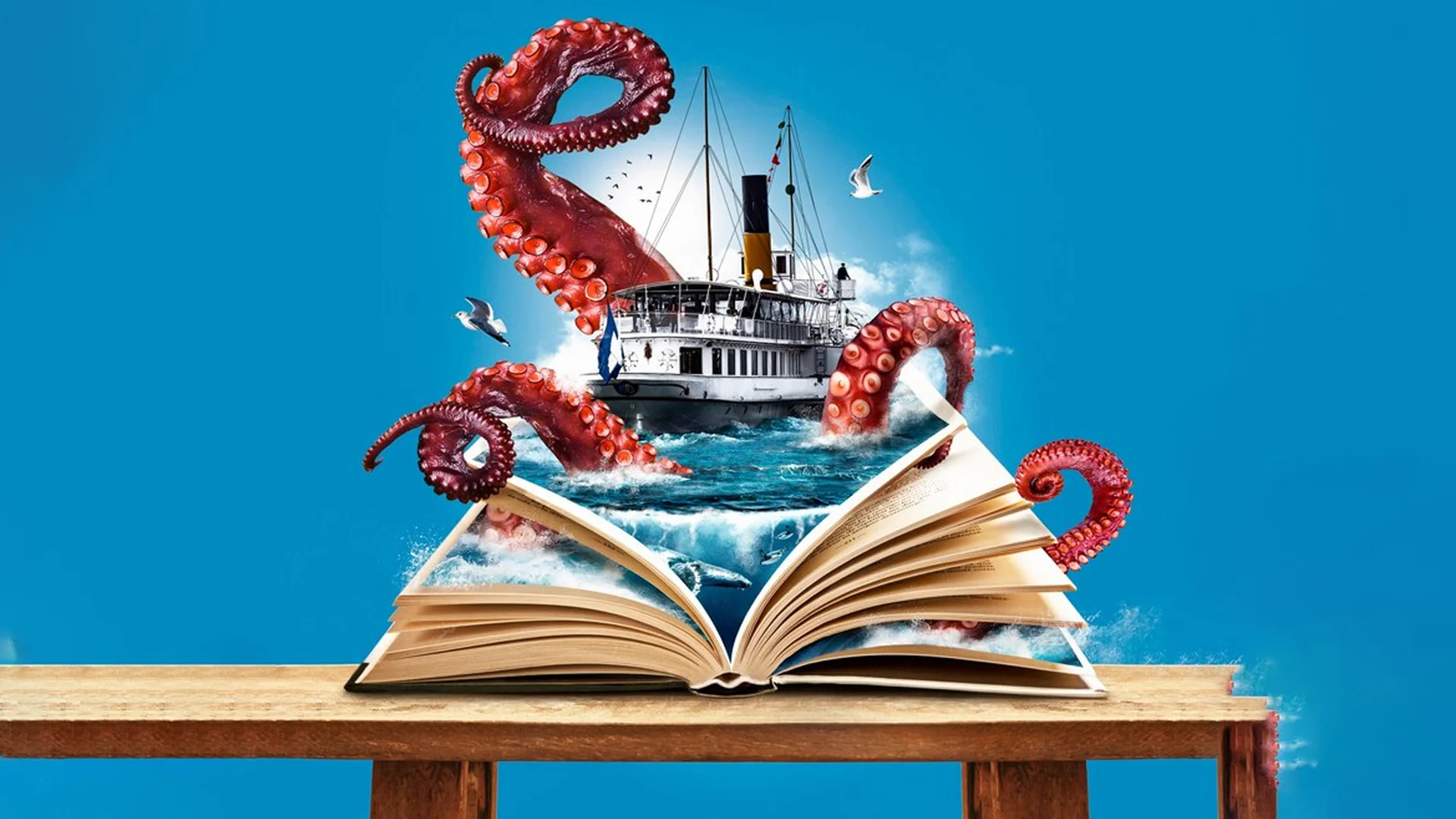Jules Verne, often hailed as the father of science fiction, is a literary icon whose works transcend time and cultural boundaries. Among his many contributions, the idea of “Aschorjo Dwip“, a term rooted in the Bengali language meaning “Wonder Island,” bridges the realms of his adventurous narratives and the imagination of his global audience. This article delves into the concept of “Aschorjo Dwip” in relation to Verne’s literary legacy, exploring its potential origins, influence on Bengali literature, and cultural relevance today.
Jules Verne: The Master Storyteller
From exploring the depths of the ocean in Twenty Thousand Leagues Under the Sea to traversing the skies in Around the World in Eighty Days, Verne transformed the ordinary into the extraordinary. His stories not only entertained but also inspired readers to dream beyond their immediate reality.
Verne’s fascination with geography, exploration, and uncharted territories aligns perfectly with the idea of a “Wonder Island.” His works often depict isolated, enigmatic islands that challenge protagonists to survive, adapt, and overcome their predicaments. One such example is The Mysterious Island, where the characters’ resourcefulness and resilience drive the narrative.
The Connection Between Jules Verne and “Aschorjo Dwip”
The term “Aschorjo Dwip” has been attributed to Verne’s influence in Bengal, a region rich in literary heritage. While no specific book by Verne bears this exact title, the concept likely stems from translations or adaptations of his works into Bengali. Bengali literature has a long tradition of embracing global classics, often reimagining them to resonate with local audiences.
For instance, Verne’s The Mysterious Island could be a source of inspiration for the term. The story of stranded individuals surviving on a resource-rich, uncharted island embodies the essence of “Aschorjo Dwip.” The allure of discovery, mystery, and wonder encapsulates Verne’s storytelling style and the essence of the phrase.
Verne’s Influence on Bengali Literature
During the late 19th and early 20th centuries, Jules Verne’s novels gained immense popularity in Bengal. His works were translated into Bengali and serialized in newspapers, captivating readers with tales of adventure and ingenuity. The fascination with Verne coincided with the Bengal Renaissance, a period of cultural, social, and intellectual awakening.
Writers like Rabindranath Tagore and Premendra Mitra were influenced by the themes of exploration and scientific curiosity found in Verne’s works. The concept of a “Wonder Island” resonated deeply with Bengali readers, inspiring local authors to craft their own tales of adventure, often set in exotic locales.
One notable Bengali work that echoes Verne’s influence is “Robinson Crusoe Punarbasan” (Rehabilitation of Robinson Crusoe) by Hemendra Kumar Roy. This story, much like Verne’s narratives, explores survival, resourcefulness, and the human spirit’s resilience in the face of adversity. Such works demonstrate how Verne’s legacy was adapted and celebrated in Bengal, reinforcing the connection between his storytelling and the idea of “Aschorjo Dwip.”
Imagining “Aschorjo Dwip” Today
In today’s context, “Aschorjo Dwip” can be seen as a metaphor for uncharted possibilities and the limitless potential of human imagination. Verne’s stories continue to inspire filmmakers, writers, and scientists to dream big.
The island as a motif in literature and media remains ever-relevant. From the deserted landscapes of Cast Away to the fantastical setting of Lost, the concept of a mysterious island captures the collective imagination. In a sense, every such depiction owes a debt to Verne’s foundational works.
Rediscovering Verne in the Modern Era
The digital age has made it easier than ever to explore Verne’s stories and their adaptations worldwide. Platforms dedicated to classic literature, alongside the growing popularity of audiobooks and e-books, have brought Verne’s adventures to new audiences.
Efforts to promote literary cross-pollination further ensure that terms like “Aschorjo Dwip” continue to thrive. Collaborative projects between French and Indian literary societies have celebrated Verne’s influence, showcasing how his ideas transcend time and geography.
Conclusion
The phrase “Jules Verne Aschorjo Dwip” embodies the magic of storytelling that bridges cultures and generations. While the term itself may be a product of Bengali interpretations of Verne’s works, its essence captures the universal appeal of his tales. Verne’s legacy lives on as a testament to human curiosity and the enduring power of imagination.
By embracing Verne’s vision, we not only honor his contribution to literature but also inspire future generations to dream, explore, and create their own “Wonder Islands.” In doing so, we ensure that the spirit of Jules Verne and “Aschorjo Dwip” remains alive for centuries to come.







